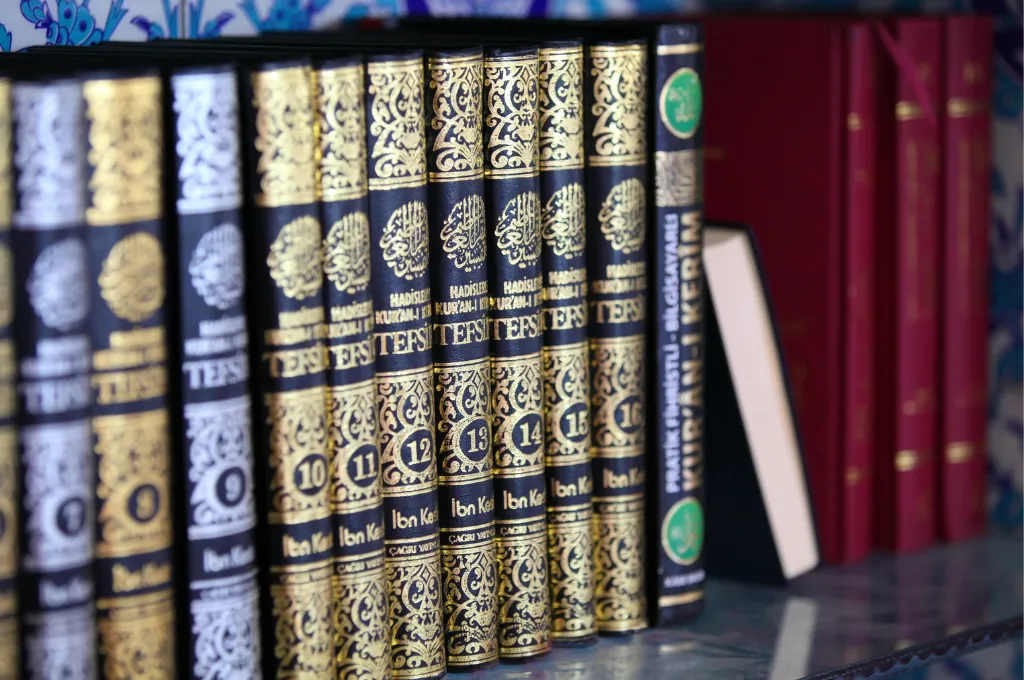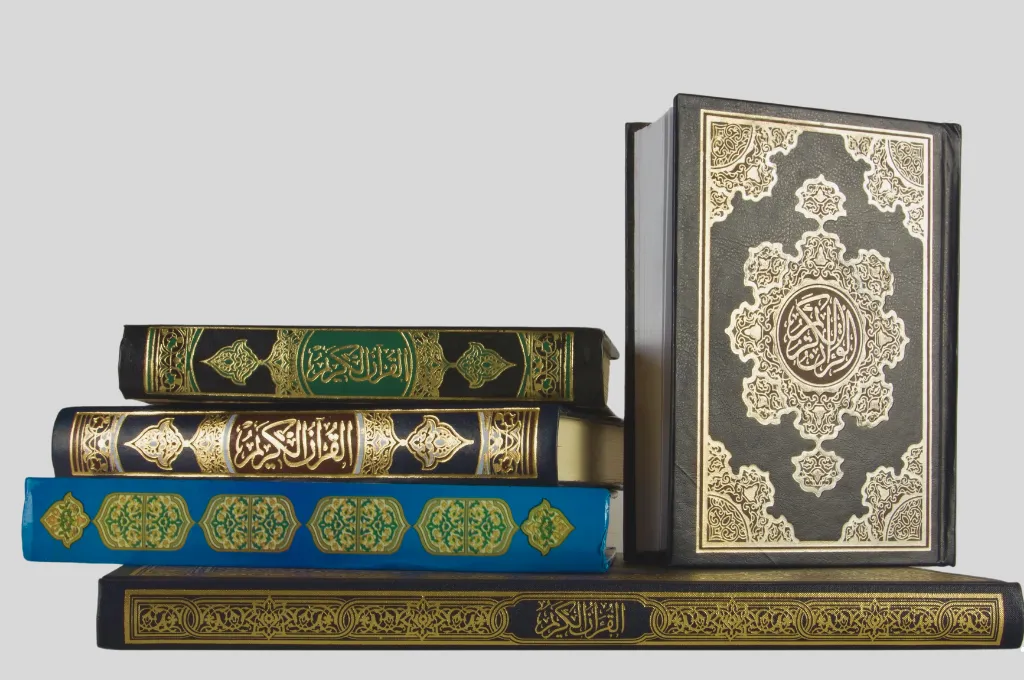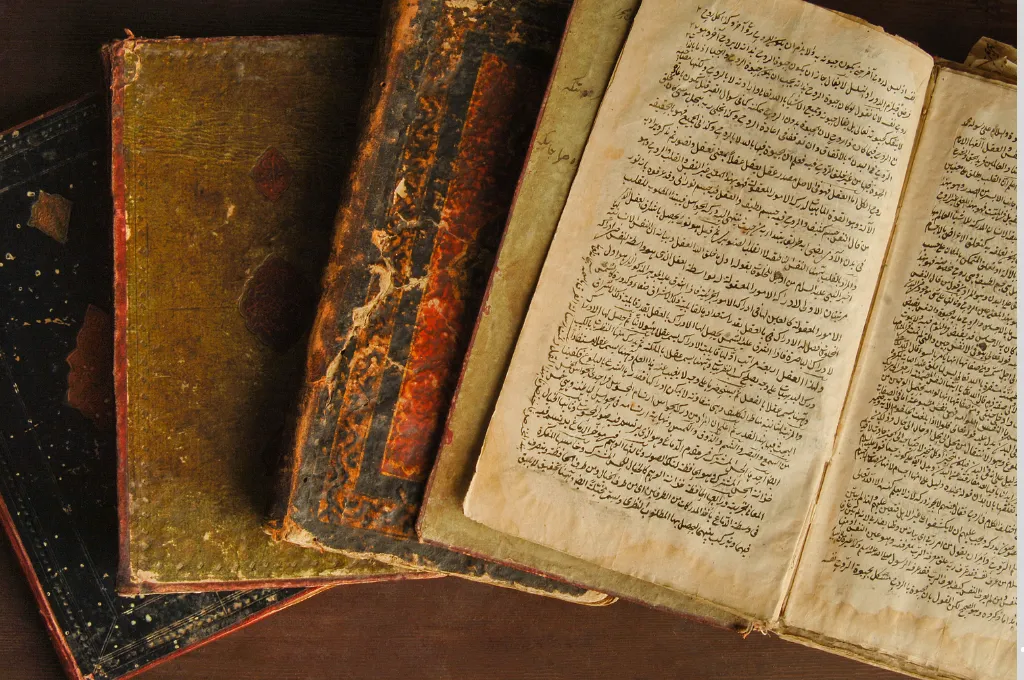اَلسَلامُ عَلَيْكُمْ وَرَحْمَةُ اَللهِ وَبَرَكاتُهُ
Advanced Knowledge with Shuba Takhassus
Delve deeper into the intricate sciences of Islam with Shuba Takhassus at Jamia Tul Ifta Bilal Masjid. Designed for advanced learners, this program is a gateway to specialization in Islamic jurisprudence, Hadith, Tafsir, and other essential fields of Islamic scholarship.


What is Shuba Takhassus?
Shuba Takhassus is an advanced Islamic studies program focused on producing scholars and specialists in various Islamic sciences. This rigorous course is tailored for those who wish to master areas such as:
- Fiqh (Islamic Jurisprudence): Gain an in-depth understanding of Islamic law and its application to modern contexts.
- Tafsir (Quranic Interpretation): Learn to interpret and explain the Qur’an with scholarly precision.
- Hadith Sciences: Study the principles of Hadith classification and the sayings of Prophet Muhammad (peace be upon him).
Jamia Tul Ifta Bilal Masjid
Why Choose Us for Shuba Takhassus?
Expert Scholars:
Learn from distinguished teachers with decades of expertise in advanced Islamic sciences.
Comprehensive Curriculum:
A structured program covering key areas like Fiqh, Tafsir, Hadith, and more.
Practical Application:
Gain the skills to apply Islamic knowledge in addressing contemporary issues.
Global Recognition:
Graduates from our program are highly respected and sought-after for their scholarly contributions.

